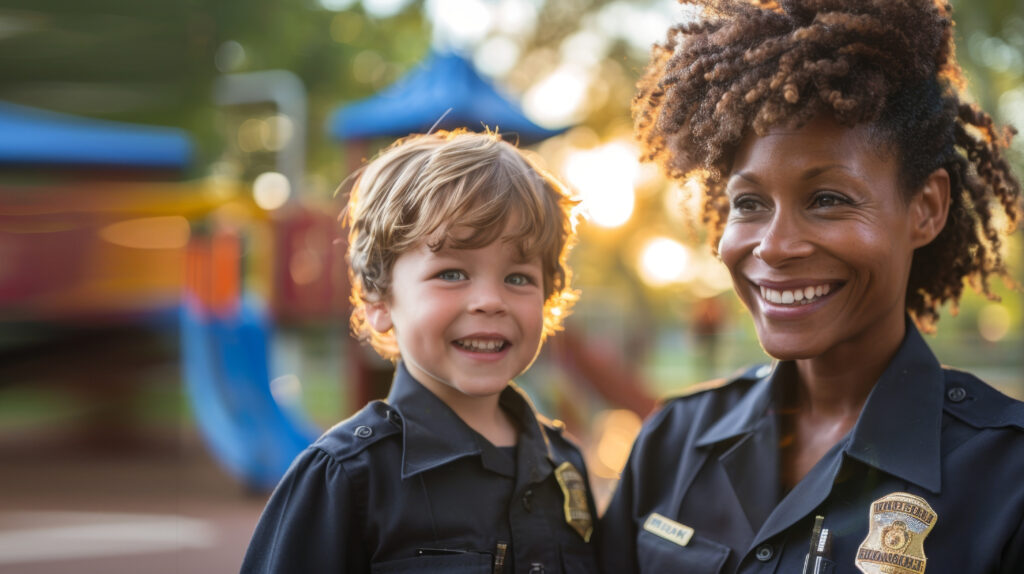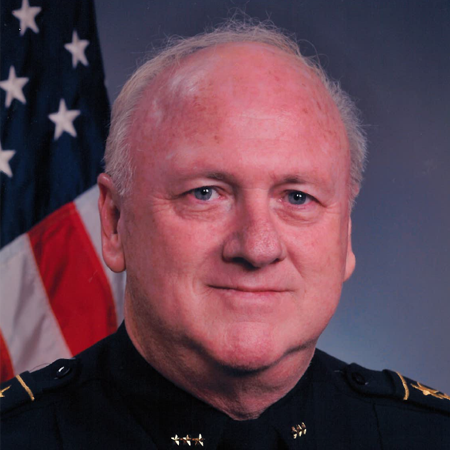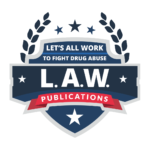
Article
2024 | SUMMER
Fighting Neighborhood Crime in Georgia
Three Success Stories
Dan Flynn
Article
2024 | SUMMER
Fighting Neighborhood Crime in Georgia
Three Success Stories

Dan Flynn
For the police, fighting violent crime involving gangs and drug traffickers is dangerous and difficult. Nevertheless, it is safer and more effective when police leaders fight crime by collaborating with law-abiding residents and other law enforcement and municipal agencies. Three examples where collaborative teams prevailed in different parts of Georgia come to mind.
In 1999, there were 49 homicides in Savannah, making it one of America’s most dangerous cities comparing homicides to population. To tackle the surging homicide rate, the Savannah Police Department collaborated with the Georgia departments of Parole, Probation, and Labor, and arranged funding from the Georgia Criminal Justice Coordinating Council. Together, in 2001, they formed the Savannah Impact Program (SIP) to focus on prolific criminal offenders, leveraging their parole or probation requirements to intensely supervise them. Once the offenders were under control, SIP team members worked with each of the offenders to overcome the individual factors impeding them from becoming productive citizens.
To remain out of prison, all SIP clients (offenders) were required to keep a job and if they lacked a high school education, they were required to attend GED courses at night. If they were addicted to drugs, they were required to engage in a recovery program, and all clients received professional counselling in Cognitive Thinking and Moral Recognition Therapy. The results were astounding. By 2003, Savannah’s homicide rate sank to 23; less than half what it was two years earlier. Police planning and teamwork triumphed.
In 2006, in the City of Marietta, a declining neighborhood known by its main thoroughfare, “Franklin Road,” was lined with dilapidated dangerous apartment complexes. The blighted neighborhood was replete with drug-related gun violence. To rescue it, the Marietta Police Department and city leaders partnered with the U.S. Attorney’s Office and obtained a five-year Federal grant entitled Weed and Seed (weed out criminals and seed a safer community infrastructure).
Collaborating with community leaders, Marietta police officers worked structured overtime focusing on crime and disorder while setting up neighborhood youth programs like the Police Athletic League (PAL) and Youth Empowerment through Learning and Leading (YELLS). Meanwhile, city agencies worked to clean up the neighborhood by removing graffiti, installing new street lighting, resurfacing roads, and installing attractive streetscaping. City economic development leaders systematically procured and demolished the most dilapidated apartment complexes and replaced them with sports parks and a beautiful new soccer training complex (Atlanta United). Franklin Road was majestically transformed into Franklin Gateway and the overall results were dramatic. Crime in the area sank to an all-time low, the youth programs continue to thrive, and most importantly, the community has remained safe. Franklin Gateway has become a model of renewed sustainable business and residential communities in Georgia.
In 2023, a group of elderly residents representing the “South Rome” neighborhood asked the Rome and Floyd County Police Departments for help. Their once peaceful neighborhood was in sharp decline, beset by drug trafficking, gun violence and intimidation of residents by a large group of thugs. Some residents had even boarded up their windows to avoid being stuck by gunfire. Although the Rome and Floyd Police Departments were addressing the problems with traditional policing methods, a more strategic approach was necessary.
In cooperation with the North Georgia Elder Abuse Task Force, the Floyd County and Rome police departments formed a new team entitled “Save Our Seniors” (SOS). The team included federal law enforcement as well as the Floyd County Sheriff’s and District Attorney’s Offices, and Rome Code Enforcement. Together, they worked with community leaders and used professional crime analysis and focused drug law enforcement tactics to remove the criminal element without injuring anyone. Following the enforcement operation, with neighbors looking on, city workers removed neighborhood blight and abandoned vehicles while police implemented intense saturation patrols throughout the area.
The results of SOS were dramatic. Residents, who once again felt safe, hugged and praised police officers on peaceful streets. At the same time, the worst of the 49 criminals arrested remain in jail a year later, either convicted or awaiting trial. To follow up, the police used an ATF firearms tracing process linking several of the 40 confiscated firearms to other major crime scenes throughout North Georgia.
The common success factor to the Savannah, Marietta and Rome operations was cooperation. Not only between the police and responsible community leaders, but also optimistic collaboration between local police, state and federal agencies who were willing to actively assist. In addition, in all three examples, the police did an effective job of communicating with community leaders to promote buy-in to get important work done.
In reflection, Georgia has always had the capacity to rescue troubled neighborhoods when the right forces came together. In the words of President Ronald Reagan, “There is no limit to the amount of good you can do if you don’t care who gets the credit.”

David Blake

Duane Wolfe

Guler Arsal

Joel Suss

Chief Dan Flynn (Ret.)
Dan Flynn served as the Marietta Police Chief for 14 years. Prior to joining Marietta, he served as the Chief of the Savannah and Savannah-Chatham Metropolitan Police Departments. He also moved up in the ranks of Miami-Dade Police Department to the rank of Major. He holds a Bachelor and a Master degree in Public Administration as well as post-graduate certificates from the University of Miami and George Washington University. Chief Flynn is a graduate of the FBI National Academy and Senior Management Institute for Police.












